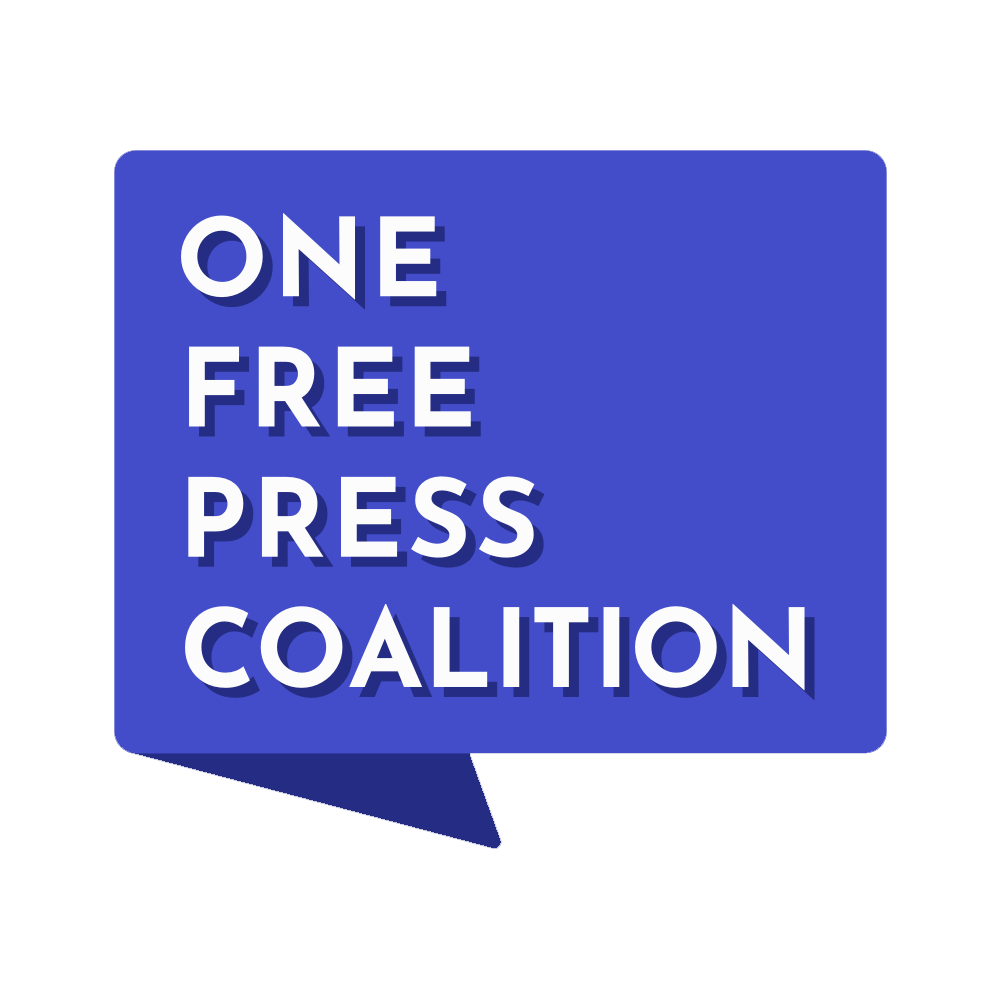On April 1, 2021 the One Free Press Coalition launched the 26th monthly “10 Most Urgent” list of press freedom cases around the world. This iteration focuses on cases of journalists who have faced retaliation in relation to posts online and on social media.
In many countries around the world, particularly those with repressive media environments, social media provides one of the few avenues for journalists to publish critical reporting. Censorship on social media platforms can take many forms, including journalists facing arrest for posts, having articles or pages removed, as well as the censorship journalists face when targeted with online harassment from state and non-state actors.
Another nefarious threat for journalists online is the prevalence of sophisticated spyware. As CPJ has found in its newly launched campaign, dozens of journalists around the world have been subjected to spyware attacks from state actors, threatening a journalist’s personal information, sources and even their own physical safety.
Of the 274 journalists behind bars in 2020, 79% report and publish on the internet, and 58% are considered internet reporters. Online harassment is another increasingly concerning threat to press freedom. Given how prevalent it is for journalists, especially for women and people of color, it is often difficult to quantify the number, but as reporting from IWMF and CPJ has shown, it poses a serious threat to press freedom.
Recently the Coalition Against Online Violence launched the Online Violence Response Hub with resources for journalists targeted by online abuse. In addition, CPJ provides guidance for journalists on digital safety.
1. Kabir Kishore (Bangladesh)
Lu Yuyu (courtesy of Lu Yuyu)
Cartoonist allegedly subjected to severe physical abuse while held behind bars. Now released on bail, he faces serious health issues and charges under Bangladesh’s Digital Security Act.
2. Lu Yuyu (China)
Chinese journalist faces continued harassment since his release from prison: police invading his home, forcing him to relocate and demanding he shut down his Twitter account.
3. Hopewell Chin’ono (Zimbabwe)
Elena Solovyova (credit Natalia Sevets-Yermolina)
Journalist has faced repeated arrests and harassment from authorities in the past year for his reporting, and potentially faces years behind bars on charges of “publishing or communicating false statements prejudicial to the State” for a tweet about alleged police abuse.
4. Elena Solovyova (Russia)
Russian freelance reporter doxxed by anonymous Telegram channel in attempt to harass her for her work.
5. Otabek Sattoriy (Uzbekistan)
Otabek Sattoriy (courtesy of Otabek Sattoriy)
Uzbek blogger covering corruption detained and charged with extortion, and has had his Telegram channel taken down.
6. Mohammad Mosaed (Iran)
Online reporter forced to flee Iran and seek exile as he faces over four years in prison on charges related to social media posts critical of the government.
7. Ricardo Noblat (Brazil)
Brazilian authorities have repeatedly threatened criminal investigations against political news journalist in recent years for re-sharing social media posts critical of the government and of Brazilian President Jair Bolsonaro.
8. Arzu Geybulla (Turkey/Azerbaijan)
Azerbaijani journalist living in Turkey was targeted in a virulent online harassment campaign, forcing her to temporarily go offline, following the publication of a piece accusing her of disrespecting victims of the Azerbaijan-Armenia conflict.
9. Basma Mostafa (Egypt)
Egyptian journalist detained and held in 2020 on charges of spreading false news, misusing social media and joining a terrorist organization. Currently free, she still faces charges and has experienced continual judicial harassment.
10. Rana Ayyub (India)
Indian journalist has faced years of harassment in relation to her ongoing reporting and commentary on taboo subjects, with recent abuse amplified by the ongoing farmer’s protests in India.




